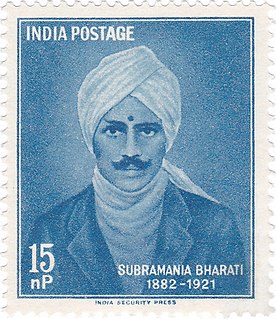A Quote by Stephen Spender
An English poet writes, I think, just for people who are interested in poetry. An American poet writes, and feels that everyone ought to appreciate this. Then he has a deep sense of grievance . . .
Related Quotes
A trouble with poetry is the presence of presumptuousness in poetry, the sense you get in a poem that the poet takes for granted an interest on the reader's part in the poet's autobiographical life, in the poet's memories, problems, difficulties and even minor perceptions. I try to presume that no one is interested in me. And I think experience bears that out. No one's interested in the experiences of a stranger - let's put it that way. And then you have difficulty combined with presumptuousness, which is the most dire trouble with poetry.
Loneliness is necessary for pure poetry. When someone intrudes into the poet's life (and any sudden personal contact, whether in the bed or in the heart, is an intrusion) the poet loses his or her balance for a moment, slips into being what he or she is, uses his or her poetry as one would use money or sympathy. The person who writes the poetry emerges, tentatively, like a hermit crab from a conch shell. The poet, for that instant, ceases to be a dead person.
A true poet is more than just a man who can write a poem with a pen. A true poet writes poetry with his very life. A true poet doesn't use poetic devices to con the heart of a woman but uses the beauty of all that is poetic to serve, cherish, and express love to the heart of a woman. Just as a true warrior is not a conqueror of femininity but a protector of femininity, a true poet is not just a wooer of a woman's heart but one who knows how to nurture and plant love in a woman's heart. Simply put, a true poet is a man who knows how to be intimate with a lover - first and foremost with Christ.
Another trouble with poetry - and I'm gonna stop the list at two - is the presence of presumptuousness in poetry, the sense you get in a poem that the poet takes for granted an interest on the reader's part in the poet's autobiographical life, in the poet's memories, problems, difficulties and even minor perceptions.
There's not a big range in the political poetry of the last year, or not a political range. On the one hand, no poet that I know of who writes in English in the United States is anything but a humanist. So all poets, including myself, seem to be under that umbrella. We just don't have Rush Limbaugh poets, Ann Coulter poets.
Joss Whedon writes beautiful drama. His sensitivity and his sense of drama and scenes are pretty exceptional. There's no one else writing like him, really, in sci-fi and TV. That's not to say there are no astonishing writers on TV. I was nervous about coming to America and playing an English person who speaks very English when all the writers are American, because it's a very particular thing to imitate, and if it's badly imitated, it sounds painfully contorted and silly. And he writes very well for English people. It was Joss Whedon who persuaded me.
I wrote poetry for seven or eight years, maybe longer, before I could say I was a poet. If people asked, I'd say I wrote poetry; I wouldn't go further. I was in my mid- to late-thirties before I felt that I was a poet, which I think meant that I had begun to embody my poems in some way. I wasn't just a writer of them. Hard to say what, as a poet, my place in the world is. Some place probably between recognition and neglect.






































